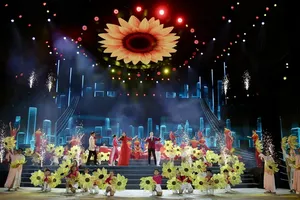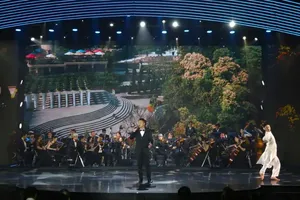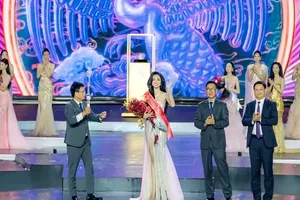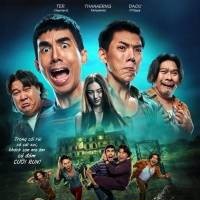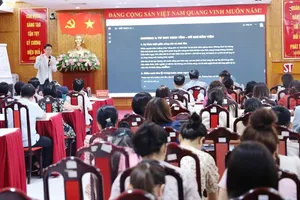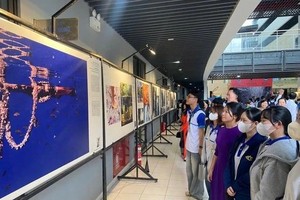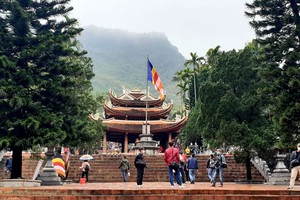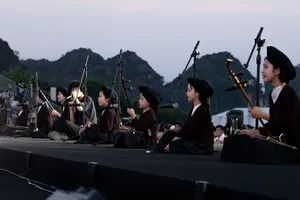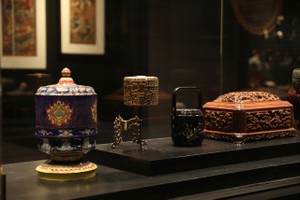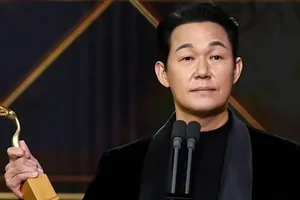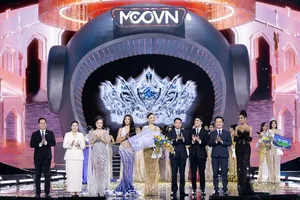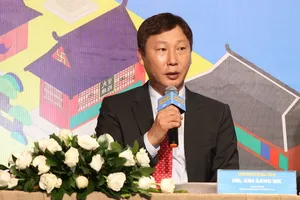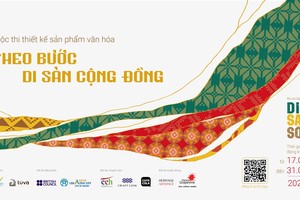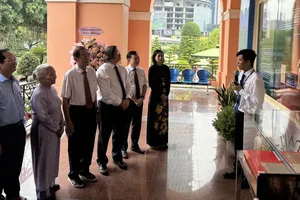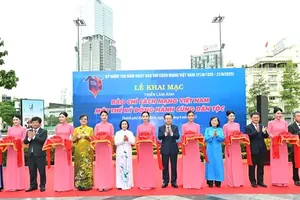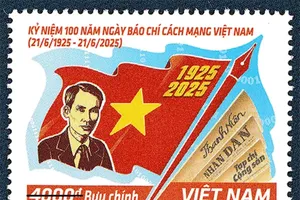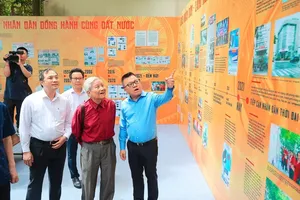Singaporeans will elect a new president on Saturday after an unusually heated campaign dominated by calls for a more competitive political system after 52 years of rule by the same party.
Three months after a landmark parliamentary election eroded the dominance of the People's Action Party (PAP), anti-government sentiment is still running high in online forums that now shape political debate in the city-state.
It will be the first contested presidential vote in 18 years, with four candidates running for the job -- the highest number since direct elections for the head of state were introduced in 1993.
Interest in the presidency intensified after the PAP, in power since 1959, lost six parliamentary seats in May and saw its share of votes drop to an all-time low of 60.1 percent from nearly 67 percent in the previous election.
The publication of pre-poll survey results is banned in Singapore but the perceived frontrunner is former deputy prime minister Tony Tan, 71, who quit the PAP in June to run after incumbent president S.R. Nathan, 87, announced his retirement.
Analysts say that even if Tan wins, his share of all votes cast will be closely watched as a measure of support for the PAP.
"The presidential election to an extent has been regarded as an extension of the May general elections," Seah Chiang Nee, a veteran political watcher who runs the independent website www.littlespeck.com, told AFP.
"If we're going to continue living with the PAP as a very strong government with a hand in almost everything, I think the people feel that we should have a president who can check the government if it goes out of line," he added.
Tan was heckled by opposition supporters when all four candidates were formally presented to the public on August 17, and has been the target of strident attacks from online critics demanding an independent president.
Despite being a largely ceremonial figure, the president has the power to act as a check and balance on the government, primarily as custodian of Singapore’s foreign reserves, which stood at close to $250 billion in July.
He has to sign appointments of senior government, civil service, military and judicial officials and can grant clemency to criminals awaiting execution.
"The President, who is elected and possesses veto powers, provides a check on a Government that misuses the nation’s financial reserves, or undermines the integrity of the civil service by making appointments out of favouritism," said the official website of the presidency.
Mindful of the May election results, the presidential candidates made great efforts to stress their independence from the PAP during the campaign.
Three lesser-known figures, all of them formerly associated with the PAP, civil service or government-linked companies, are running against Tony Tan and took strongly critical positions against the PAP’s record to gain support.
They are former legislator and ex-PAP member Tan Cheng Bock, former insurance cooperative chief executive Tan Kin Lian, and former corporate executive Tan Jee Say, who also worked in the civil service.
Southeast Asia experts at the Washington-based Center for Strategic and International Studies said Saturday's vote could be a test case for a more competitive political system.
"Through this vote, the city-state is testing models that connote more openness and competition," CSIS analysts Murray Hiebert and Lie Nathanael Santoso wrote in a commentary.
"Singapore politics appear to be adapting to a new age. The emphasis on competition, outreach to constituents and grass-roots caucusing in this election may provide hints of what is to come."
Law professor Simon Tay, chairman of the private think-tank Singapore Institute of International Affairs, said the risk of another global recession could weigh on voters' minds when they cast ballots.
"People wonder if Singapore's dominant party system can continue and avoid political gridlock, or if the country will see a more normal and contested politics, and if that will affect the country at a time of global uncertainty," he said.
In the May general election campaign, Singaporeans complained about the rising cost of living, lack of affordable public housing and liberal immigration policies blamed for foreigners taking jobs away from locals.
The drop in support for the PAP forced two former prime ministers, Singapore's founding father Lee Kuan Yew and his successor Goh Chok Tong, to retire as cabinet advisers to Lee's son, Prime Minister Lee Hsien Loong.
Stung by the election outcome, the government vowed to be more responsive and announced measures to address public grievances, including tightening requirements for foreign-worker visas.
